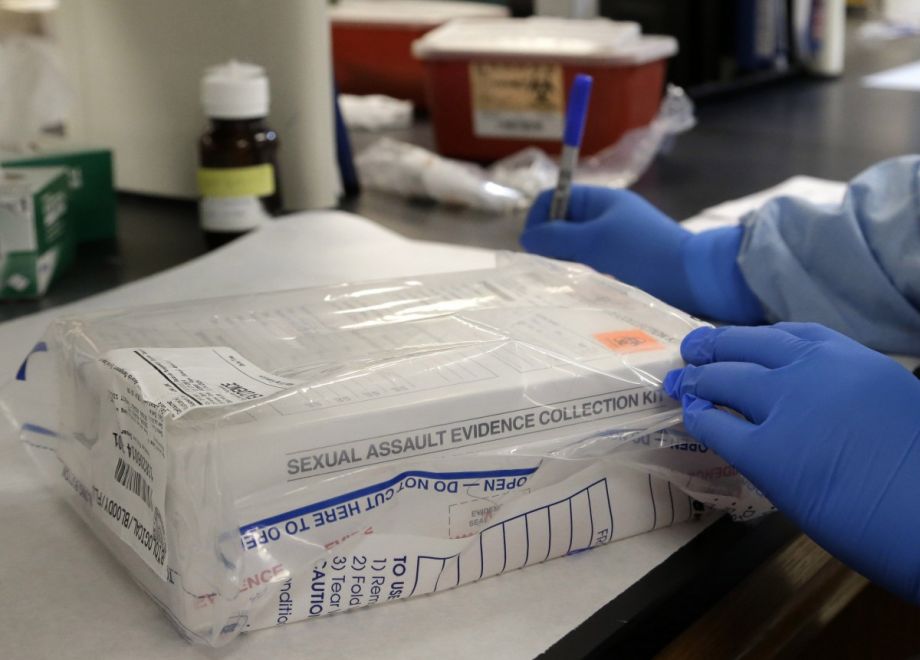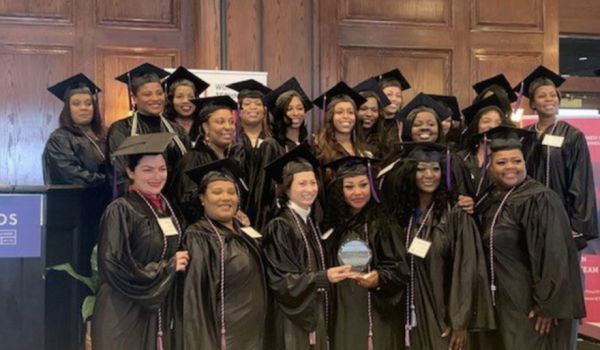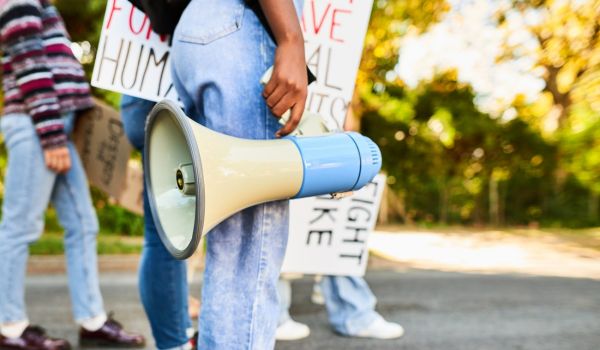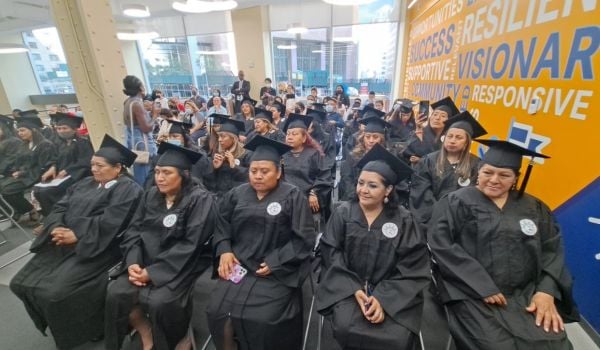As students across the country return to campus this fall, they’re entering a dangerous time for sexual assaults. More than half of college sexual assaults occur between August and November, with new students at an increased risk during the first few months of their first two semesters in college. Should the unthinkable happen, students have another hurdle to deal with—the lack of access to rape kits and the forensic nurses who carry them out.
Prior to this year, University of Wisconsin-Madison students previously had just one place in the county to go to get a sexual assault forensic exam (otherwise known as a rape kit)—a local emergency room. That’s changed thanks to a recent grant that Dr. Kate Walsh, a professor of psychology and gender studies and head of the university’s Sexual Violence Research Initiative, got to bring forensic nurses onto campus.
“The concept of having forensic nurses on campus is a great one in the sense that it’s one of the highest risk populations for sexual assaults,” says Jennifer Pierce-Weeks, chief executive officer of the International Association of Forensic Nurses. How many other colleges have on-site forensic nurses? That’s also unclear — “there’s no mandated data collection,” Pierce-Weeks says, but is likely rare. A 2016 report and a 2018 follow up from the U.S. Government Accountability Office identified both a dearth of information on the number of practicing forensic nurse examiners countrywide, not just on campuses. It also found that where the data did exist, it painted a grim picture: none of the six states examined (chosen to be representative of the whole country) reported that they were meeting the need for examinations. Officials in Wisconsin told GAO that nearly half of all counties in the state had no forensic examiners at all.
Walsh is partnering with DaneMAC, a local nonprofit named after Madison’s Dane County, to access the four forensic nurses that will constitute the program. The nurses’ hours are reimbursed by the state through its WI SAFE Fund, while Walsh’s grant is covering their liability insurance. Walsh is also adding the university’s first full-time victim’s advocate through the grant. Once Walsh’s grant runs out in September 2023, the university has committed to taking over the liability insurance costs.
While the program formally launched in July, Walsh expects to see an unfortunate uptick in the program’s use beyond the handful seen this summer as students head back to campus.
Beyond just bringing services to campus, Walsh wants to also help educate students on the campus’s new services, particularly among students who belong to traditionally marginalized communities like those with disabilities or members of the LGBTQ+ community.
“On our campus only about a third of students knew about forensic nurse examination organizations in the community and what they knew was very unclear,” Walsh says. Some students believed, incorrectly, that their parents’ insurance would be billed if they needed to get a rape kit exam; other students weren’t sure if they were eligible to receive one. Walsh plans to shore up these issues once she has a better understanding of the knowledge gaps.
“When it comes to sexual assault on campuses, a lot of people think they weren’t really assaulted because they were drunk, for example,” Walsh says. “So, it’s about demystifying and clarifying that you are eligible for the services we have here.” Data in hand, she’ll create messaging and programmatic services to address misconceptions and improve inclusivity.
The University of Wisconsin, Madison’s forensic nurse services will be free of cost to students and will keep their needs front and center. There’s no requirement for a student to report what happened to them and they’re allowed to select any and all parts of the process that they would or wouldn’t like to participate in, from swabs or photos for evidence collection to STI, drug, and pregnancy tests.
“If someone wants evidence collected but doesn’t want to report, the nurse will collect it, seal the kit, and send it to the state crime lab with an anonymous code,” Walsh explains. “If the person decides within the statute of limitations, which is 10 years, that they do want to report, they have to sign something that releases their information and the kit to the DA.”
While Walsh gets the sense that her program is a unique one, she drew inspiration from Penn State University’s telehealth sexual assault offerings. To other campuses looking to follow in her footsteps, Walsh advises thinking outside the box. “First, look at other models and, if nothing else, be creative about what you do have available,” she says.

Cinnamon Janzer is a freelance journalist based in Minneapolis. Her work has appeared in National Geographic, U.S. News & World Report, Rewire.news, and more. She holds an MA in Social Design, with a specialization in intervention design, from the Maryland Institute College of Art and a BA in Cultural Anthropology and Fine Art from the University of Minnesota, Twin Cities.
Follow Cinnamon .(JavaScript must be enabled to view this email address)


_600_350_80_s_c1.jpg)













